BOMA Special Report: Tackling CRE’s No. 1 Challenge
BOMA International President & COO Mary Lue Peck highlighted an issue that has implications far beyond today's headlines.
Halfway through 2025, the commercial real estate industry faces no shortage of challenges. But for her annual State of the Industry address on Monday, BOMA International President & COO Mary Lue Peck looked beyond today’s tight capital markets and trade uncertainty and identified a different longer-term challenge as the No. 1 issue: “attracting, developing and retaining the workforce.”
Speaking at BOMA International’s Conference and Exposition in Boston, Peck warned that if commercial real estate continues to take an approach to talent that stems from principles dated by generations, “we will not have workers to fill all of our needs.”
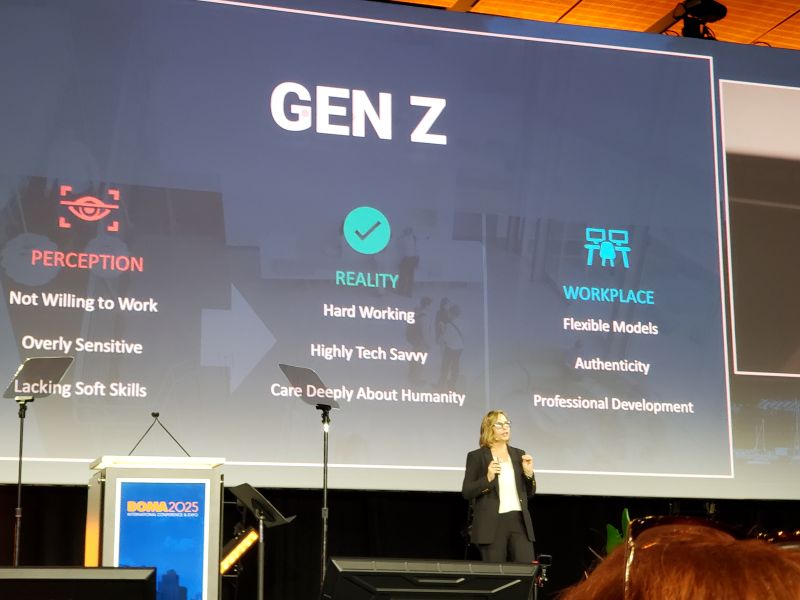
To a great extent, she said, business culture still tends to reflect qualities associated with the Silent Generation, those born roughly between the start of the Great Depression and the end of World War II. That generation is often characterized by respect for authority and conformity, in contrast to the more rebellious Baby Boomer children.
Beyond stereotypes
Yet a key problem is that business, like society at large, often misunderstands the next generation of up-and-coming professionals. Baby Boomers have been stereotyped as being self-indulgent, materialistic and focused to a fault on their own success.
A fairer assessment, Peck noted, would credit Baby Boomers with leadership in economic growth, innovation in technology and social movements. For its part, Generation X was once considered cynical and disengaged, yet now deserves credit for its role in the digital revolution, startup culture and focus on work-life balance.
READ ALSO: CPE Midyear Outlook: Is It Only About Uncertainty?
Gen Z, now the pivotal pool of next-generation talent, has been unfairly tagged as hypersensitive, deficient in soft skills and unwilling to work hard, according to Peck. On the contrary, she added, experience has shown that this generation is not only hard-working but tech-savvy and deeply concerned about humanity.
That said, Gen Z workers also need a management approach that suits their needs and expectations. Peck cited the desirability of managing to outcomes, rather than managing to activities or time in the office. Also preferable are meetings that are shorter but more frequent.
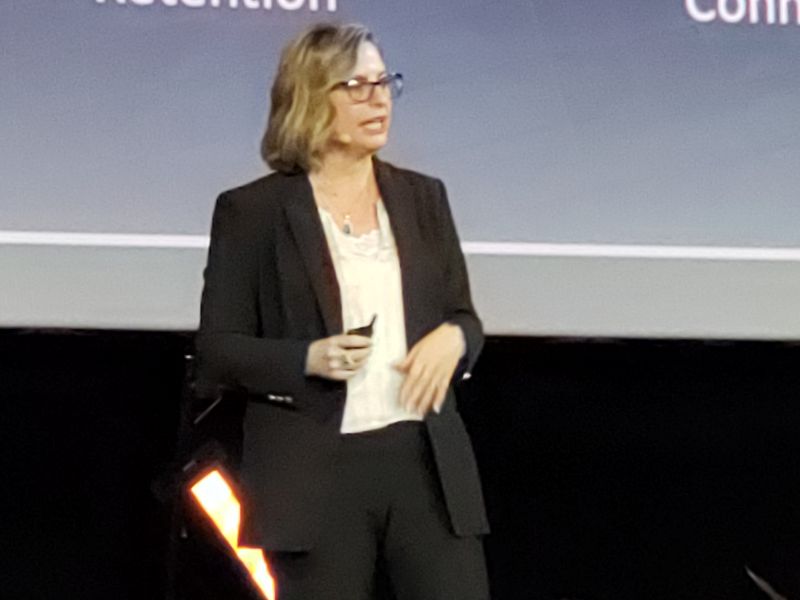
Peck emphasized that mentoring for Gen Z is paramount. “We need to invest in our workforce and professional development more than we ever have before.” This generation wants feedback daily, she added, not just once or twice a year. And for Gen Z, job-hopping is a career strategy.
Summing up the Gen Z mindset, Peck said: “They don’t just want to work for us, they want to build with us.”
Snapshot of resilience
Peck’s discussion of the industry’s generational challenge followed a snapshot of an industry that’s proving resilient despite persistent uncertainty. Deal volume was up 11.3 percent year-over-year in the first quarter, with the industrial and multifamily markets leading the way.
Capital markets are still tight, but the trend signals delayed decisions for financing real estate, not abandonment. In an encouraging sign, 44 percent of foreign investors plan to increase their investment in U.S. real estate this year.
Although trade issues are the biggest wild card, she said, “the long-term outlook for industrial remains solid.” The sector is going through a major shift from conventional warehouse and distribution center development to data centers and manufacturing. Citing Yardi Matrix research, she noted that industrial facilities under construction amount to 346 million square feet, about 1.7 percent of the nation’s total stock.
Office vacancy, meanwhile, stands at about 20 percent, compared to 8.5 percent in the industrial sector, and almost 55 million square feet of new office space are under construction. As Peck noted, “This sector is at the beginning of a long-term transformation.”

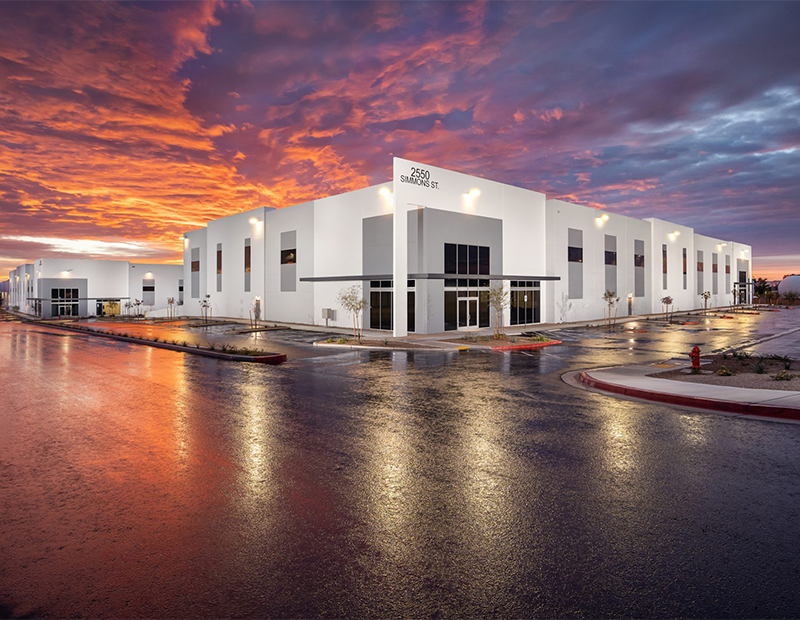
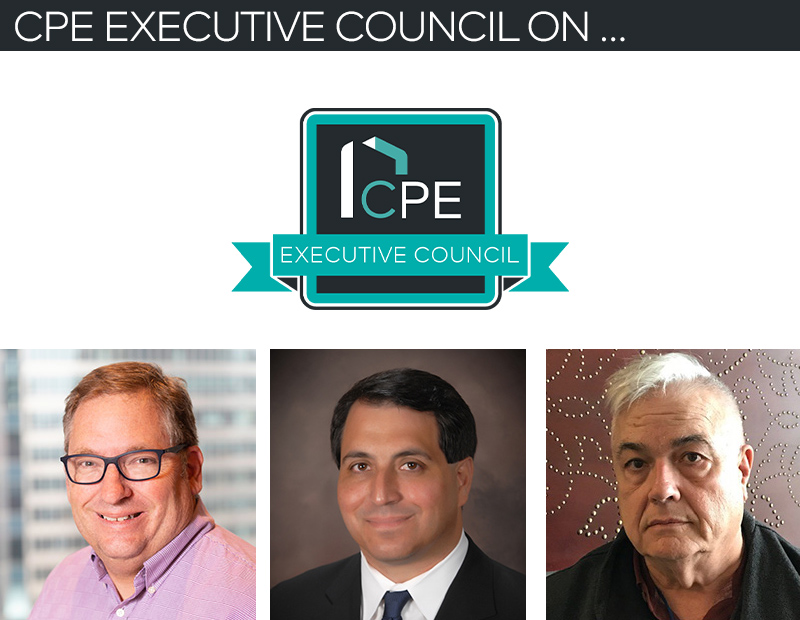
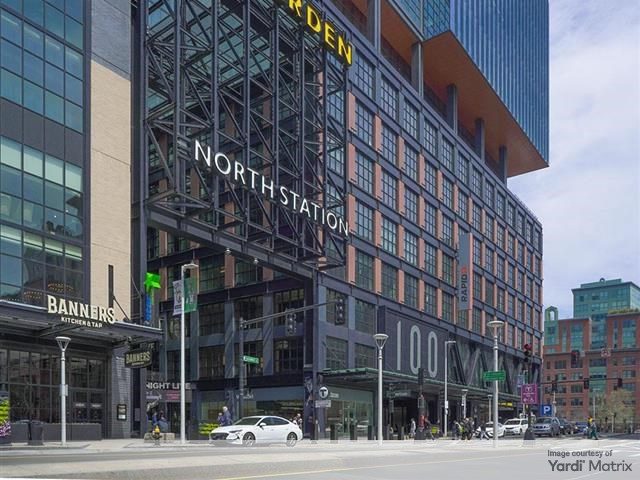
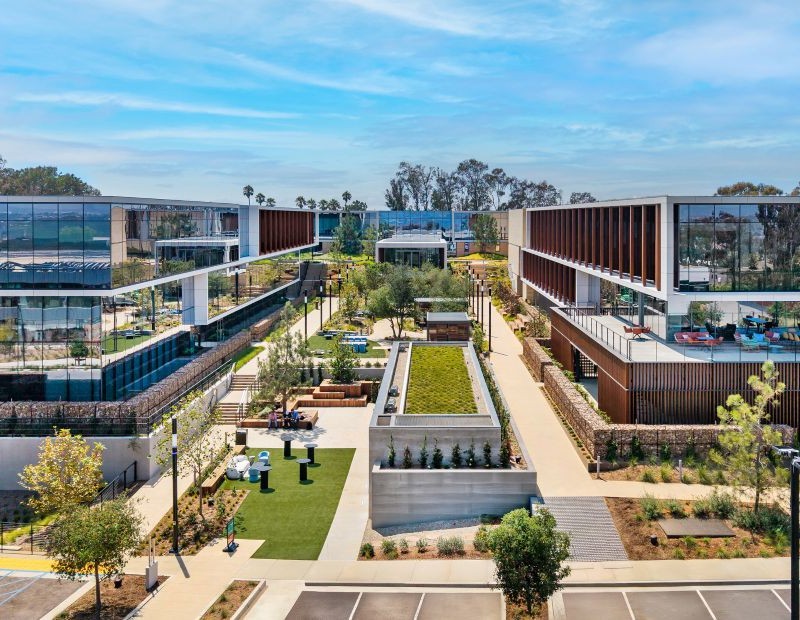
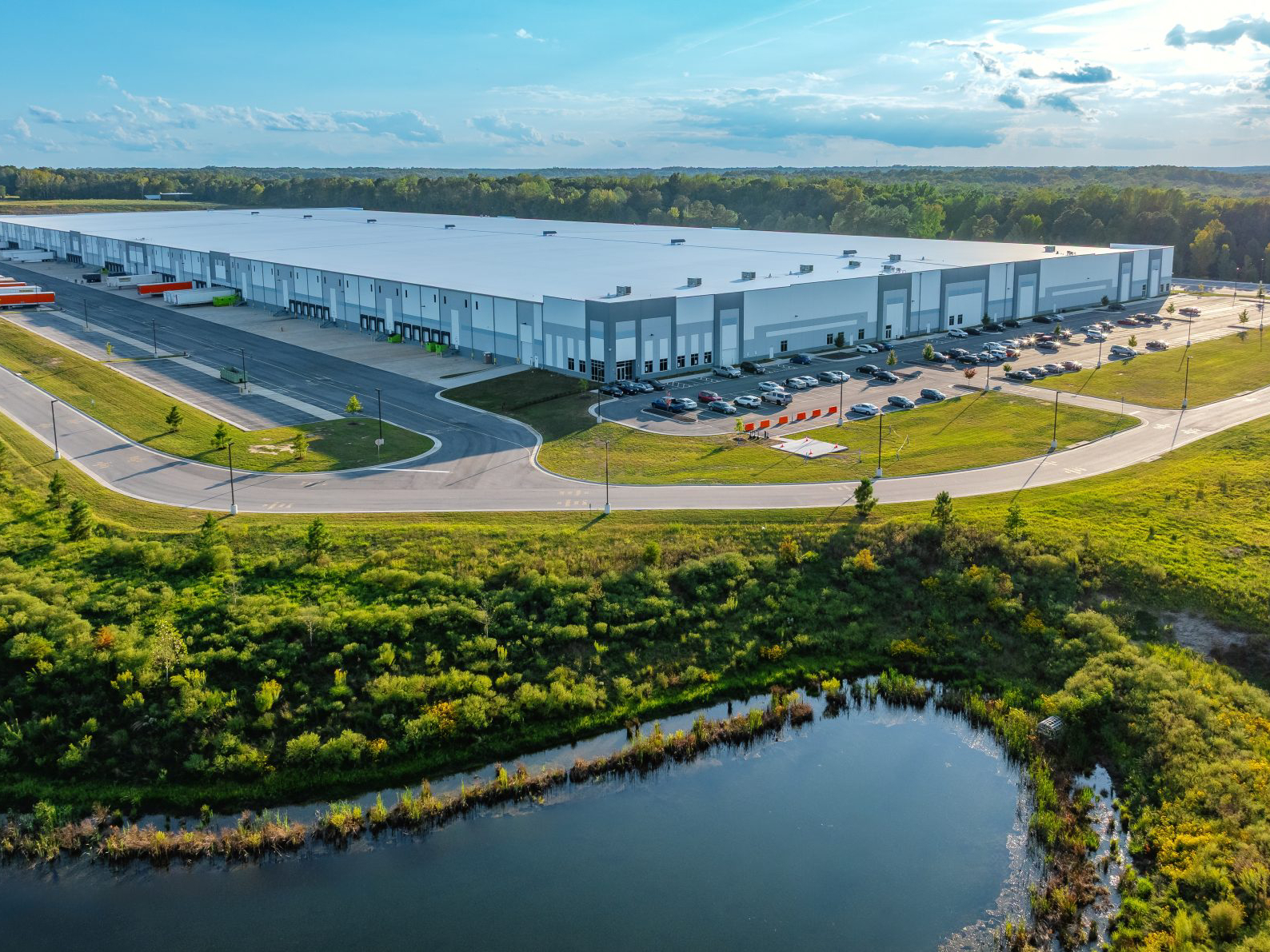
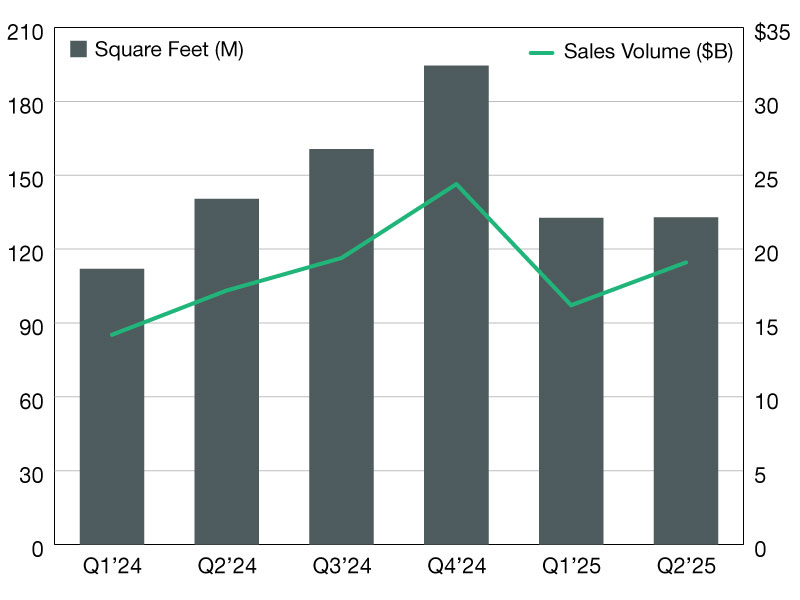

You must be logged in to post a comment.